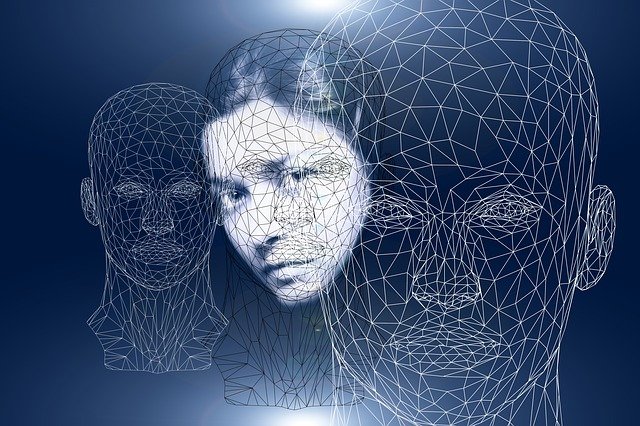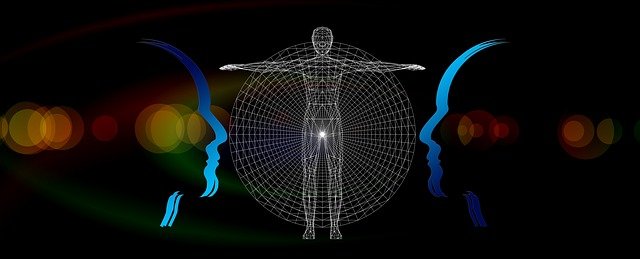The other day on Facebook, an old schoolmate gave me a really nice compliment. I haven’t seen or spoken to her since school, so the compliment was based on her memories and online perceptions of me. Still, her genuinely lovely comment threw me because I had no idea she or anyone from school saw me that way – my memories and perceptions are very different!
A few years ago at a writing industry picnic, I thought I had a wonderful time talking about music with a freelance editor. I told her how much I adored the DJ David Guetta.
“Is he the one,” she asked me, “who says his name in every song?”
“I don’t think so,” I replied. “He’s a DJ, other artists do the singing.”
“No,” she replied. “He’s the one. I can’t believe you like him!”
She moved seats and, the next day, disconnected from me on social media. I had clearly offended her with my music taste.
Then again, perhaps not.
When people make judgments about others, whether valid or invalid, those judgments can often say more about the person making the judgment, rather than the person being judged. Our recollections of events can help us consider what we might have said or done to influence that person’s perception, we might also consider what may have been happening in that person’s life to colour the way they perceive the world and those in it. But without more information, it can also remain a mystery.
It’s the same when writing characters in fiction. A few weeks ago I taught my writing workshop ‘Stories are About Change’ and I was talking about character arcs, how a character might change between the beginning of a story and its end. One thing I advised my students was that, while a main character might have their own perception of events, the characters around them will experience the same story events differently, given their individual perspectives – and therefore every character arcs will all evolve differently. The disparity can cause conflict and tension – great for stories!
Not necessarily great in real life, of course, when the different ways people perceive the same event can cause rifts and remoteness. To make matters more complicated, different perceptions of the same event can all still be valid. Thus I might be both as lovely as my old schoolmate thinks and not so lovely, I might be both offensive to editors at picnics and inoffensive – human beings are complex and can be many things at the same time.
This is why a person’s perception can tell us more about them, than the person they perceive. Thus my old schoolmate becomes someone who sees the best in people; whereas the editor at the picnic tends to see something bad.
It’s a fascinating topic, and understanding it can help writers portray life with both accuracy and sensitivity.
“But when creating character arcs,” a student asked me at my workshop, “how many perspectives do we need to consider in telling a story? How many characters?”
“Whoever has a direct effect on your main character’s immediate and current bubble,” I told them. “Because they will matter most to them. Others not so much. Isn’t it the same in real life?”
Indeed, does it really matter how others perceive you, as long as those in your own bubble see you the right way – as a complex human being who can be both lovely and not so lovely, both offensive and inoffensive, yet still appreciated for who they are? I expect not.








